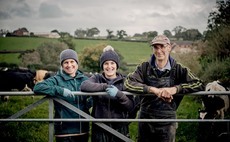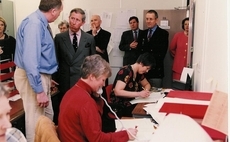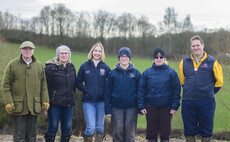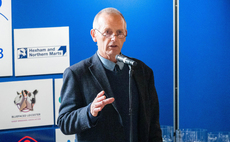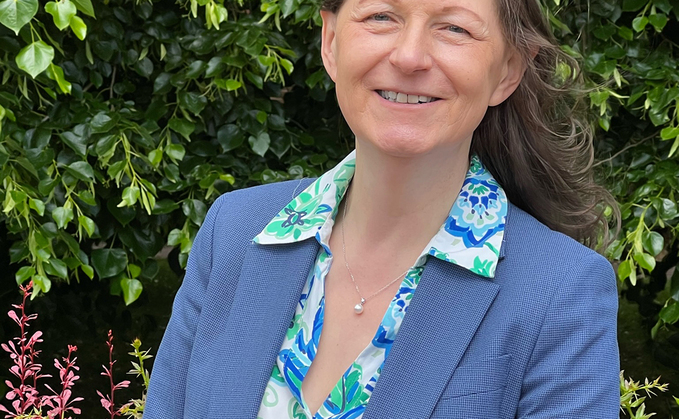
During nearly three decades spent heavily involved in agricultural education and skills, I have witnessed farmers and growers continuously navigating change with great resilience.��
Over recent years, the scale and pace of change, and the resulting demands this has placed on businesses, have become ever more acute.��
This has strengthened my long-held belief that skills, knowledge - and the professionalism they bring - lie at the heart of the industry's ability to innovate and adapt to a new era. ��
The commitment of farmers and growers to feed us, care for our land, water and natural habitats and deliver net zero has been my motivation as I have worked with industry, government and academic partners to develop The Institute for Agriculture and Horticulture (TIAH).��
TIAH has been established to help farmers and growers, and their employees, adapt by��confirming and enhancing their existing skills and, in some cases, acquiring new ones. ��
Our recent research involving nearly 700 industry employers illustrates a strong need for this support. Many have fears about labour availability and the scarcity of skilled staff. Worryingly, these pressures are expected to intensify in future years, particularly in specialised and technical roles. ��
Evidence shows that increased management and leadership training helps to deliver better productivity and therefore profitability. Yet our research showed less than a third of farmers undertake this kind of development. ��
TIAH aims to work with others to develop accessible and appropriate training programmes that fit in with the day to day demands of running a busy farm or growing business. ��
Such training is shown to have positive far-reaching effects including improving staff recruitment and retention and succession planning.��
TIAH's new online service has opened to help and support the industry's workforce in developing skills and resilience, whatever their sector, stage or level of experience. Currently in testing phase, the service will benefit from feedback from as many users as possible to further enhance its relevance as it continues to evolve.��
Just as important as upskilling is the industry's ability to attract new people. We need to position ourselves as strongly as possible in the face of intense competition from other sectors.��
The construction industry is a good example - it is very joined up in its approach. We need to do the same. Collaboration in our own industry, involving farmers, growers and supporting organisations, is key to delivering on skills and careers. ��
It has been encouraging to see AHDB; the Chartered Institute of Horticulture; The Country Trust; Lantra; LEAF; the NFU; National Federation of Young Farmers; and the Tenant Farmers Association coming together on the TIAH-facilitated careers action plan. This aims to bring more young people into the industry by co-ordinating careers promotion efforts and supporting businesses to offer more work experience.������
All the key industry bodies worked together to make the case to UK Government for a new professional institute and we are grateful for the support Defra is providing to get TIAH off the ground as an independent body. ��
In order for agriculture and horticulture to have a successful and sustainable future, all those working in the sector need to consider their��approach to personal development.��As I highlighted at the recent Downing Street 51AV��Ƶto Fork Summit,��successful industries have a culture of recognising lifelong learning.����It is just a given.����At the same time, the whole industry must continue to unite and work together to keep skills, careers and professionalism high on the agenda.��
We are grateful for the support Defra is providing to get TIAH off the ground as an independent body. Stephen Jacob, formerly ��head ��of ��BASIS, ��has ��taken ��over ��from ��me ��this ��week ��as ��TIAH's ��chief executive. Stephen takes the reins during ��what ��will ��be ��a ��very ��exciting ��phase of the Institute's development.
In order for agriculture and horticulture to have a successful and sustainable future, all those working in the sector need to consider their approach to personal development.
As I highlighted at the recent Downing Street 51AV��Ƶto Fork Summit, successful industries have a culture of recognising lifelong learning; it is just a given. At the same time, the whole industry must continue to unite and work together to keep skills, careers and professionalism high on the agenda.





